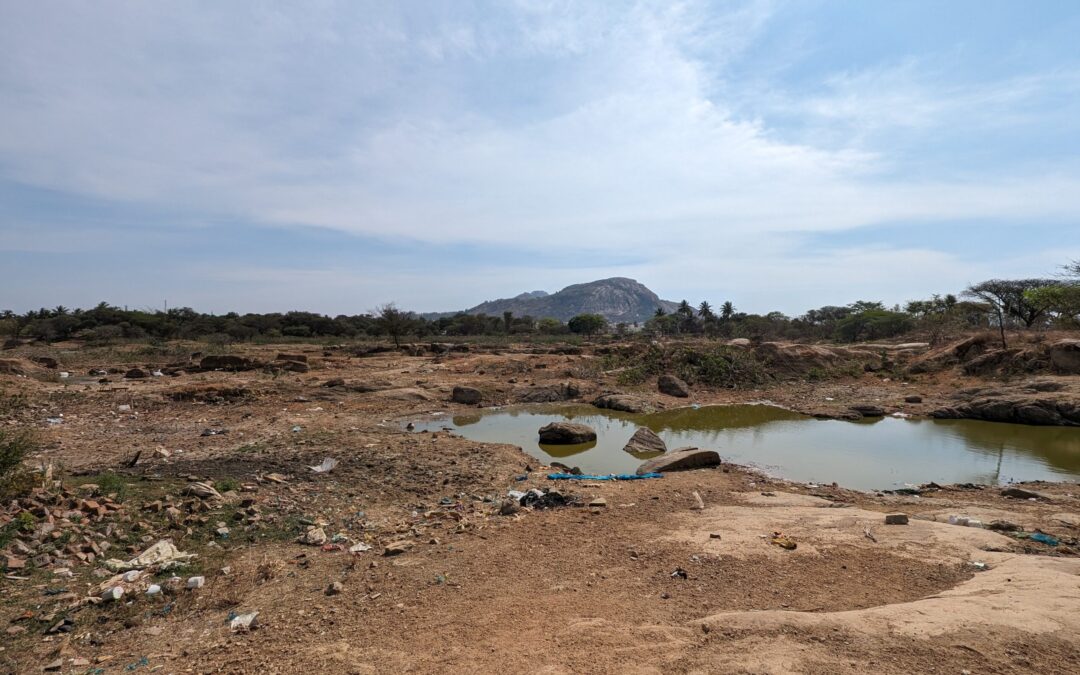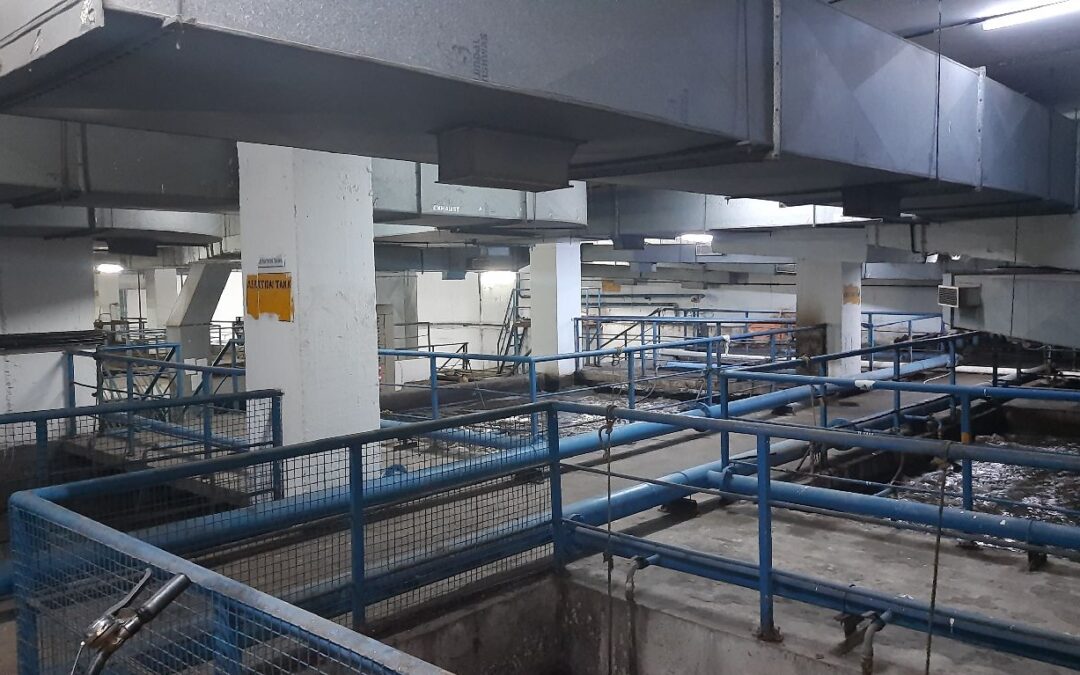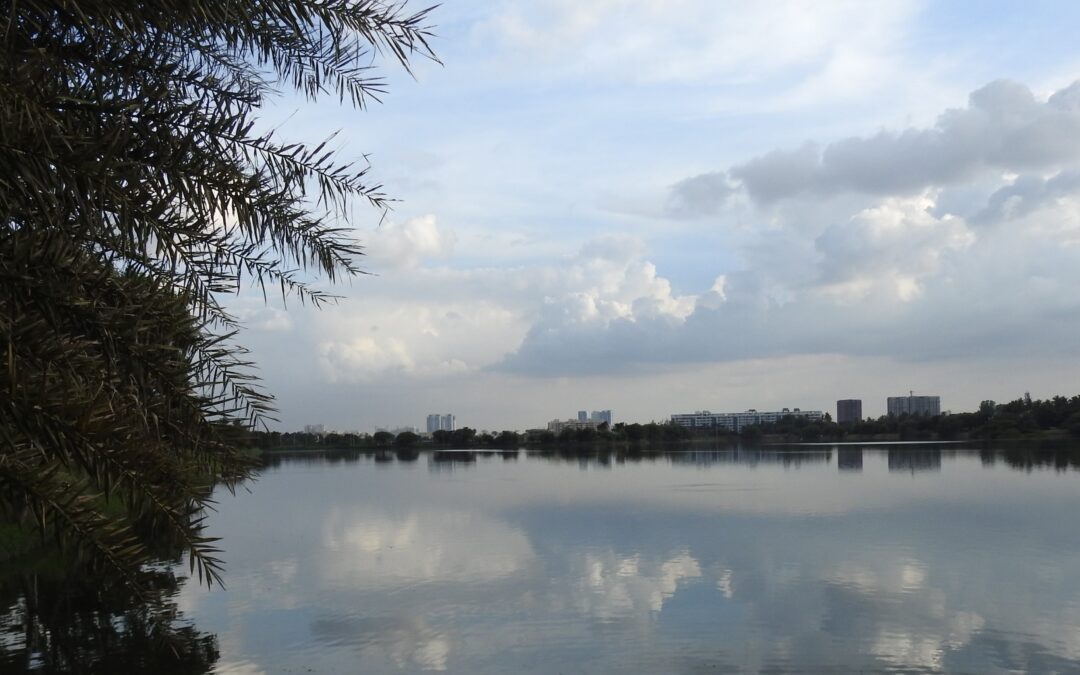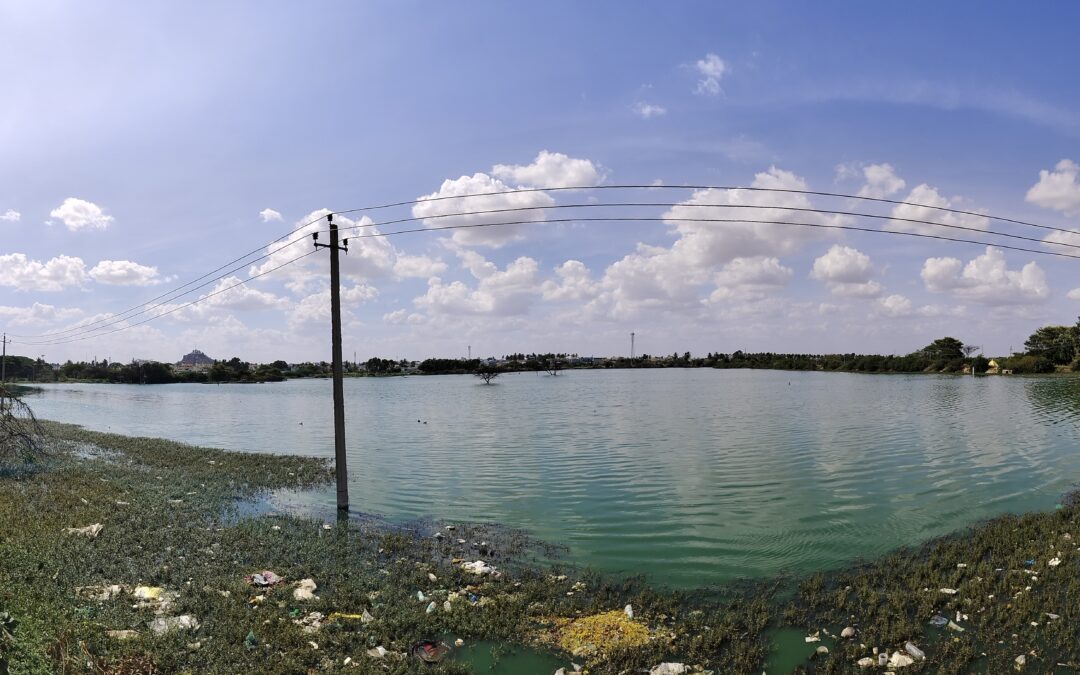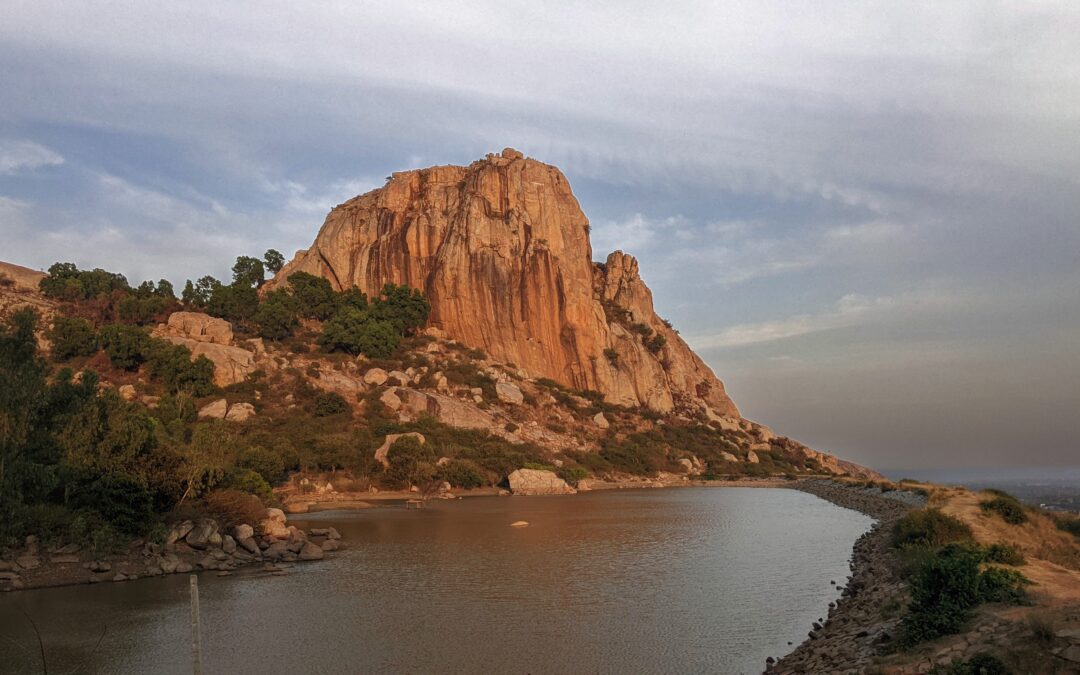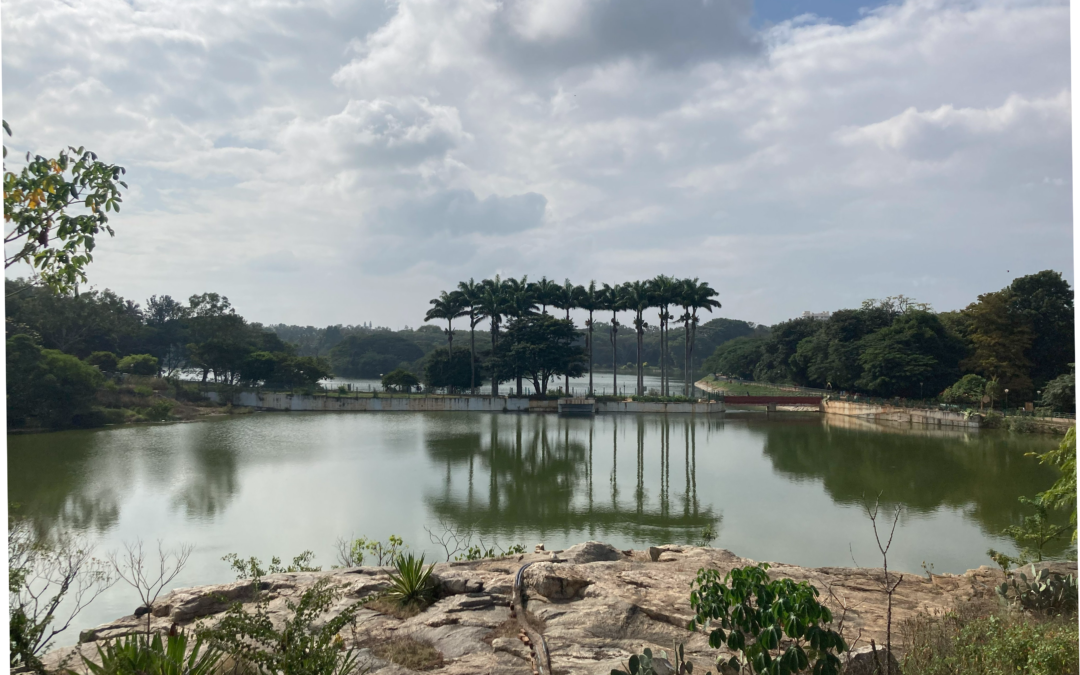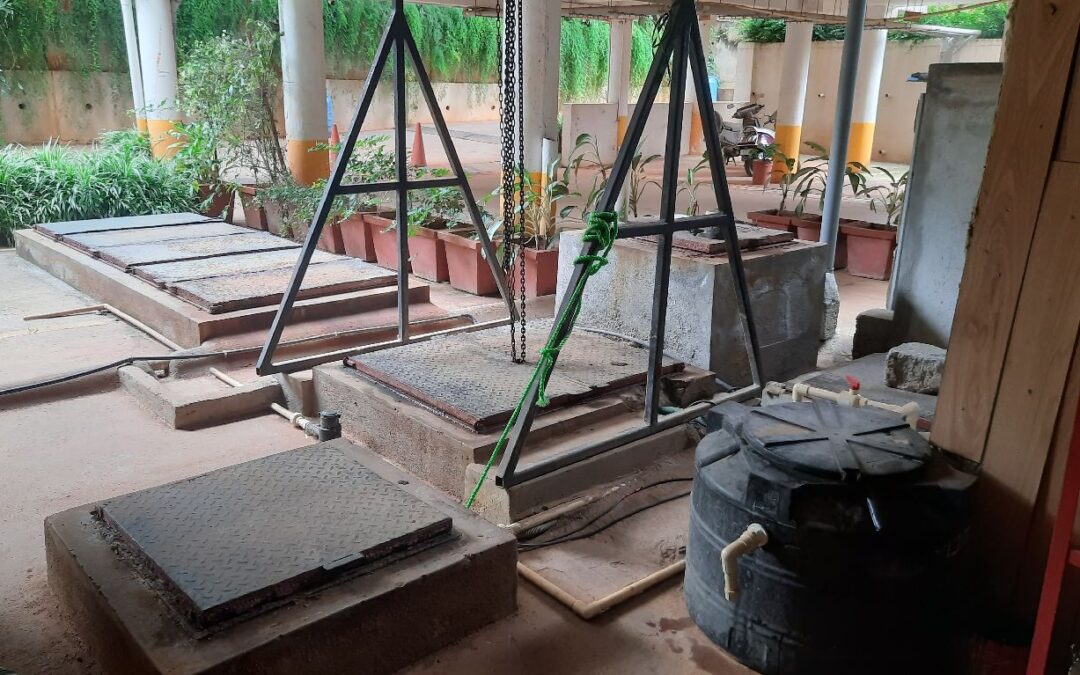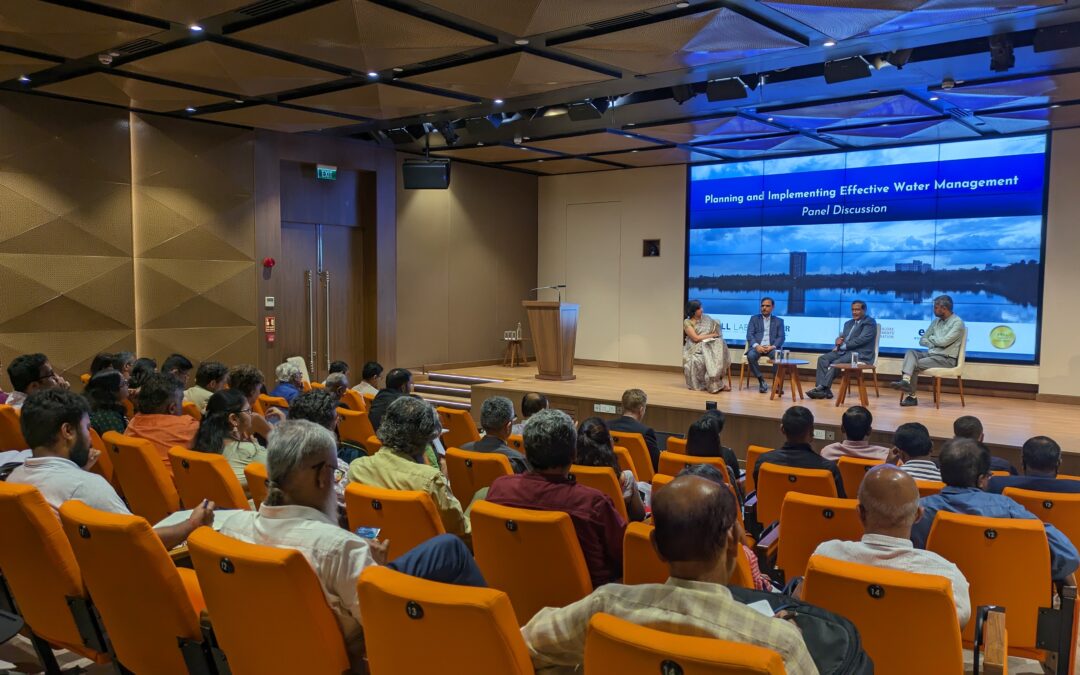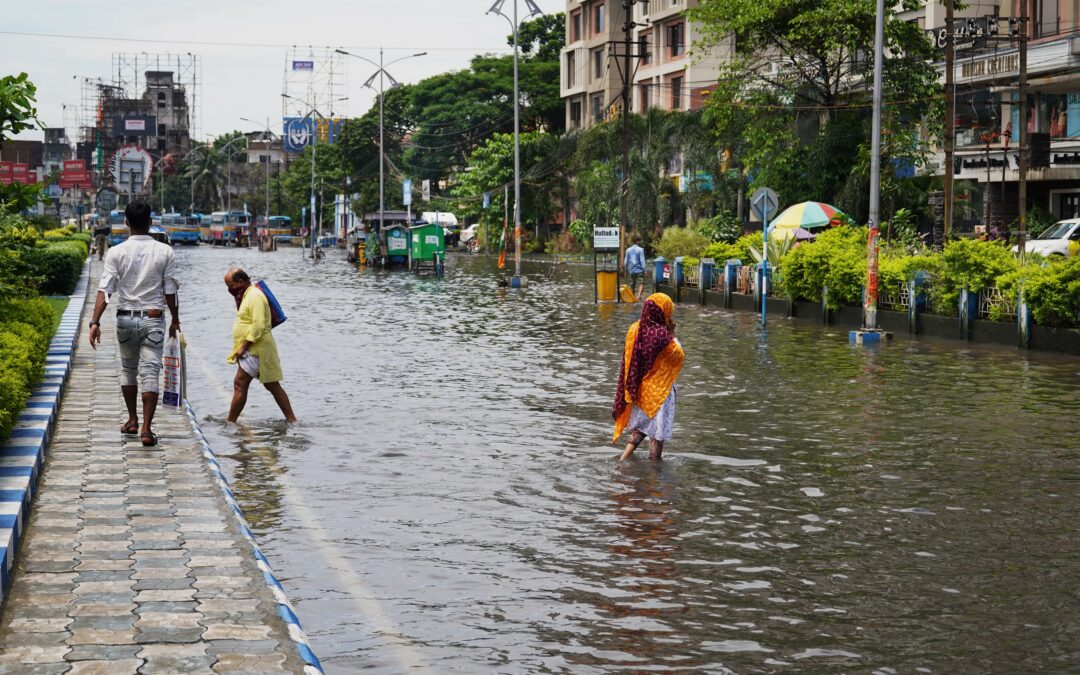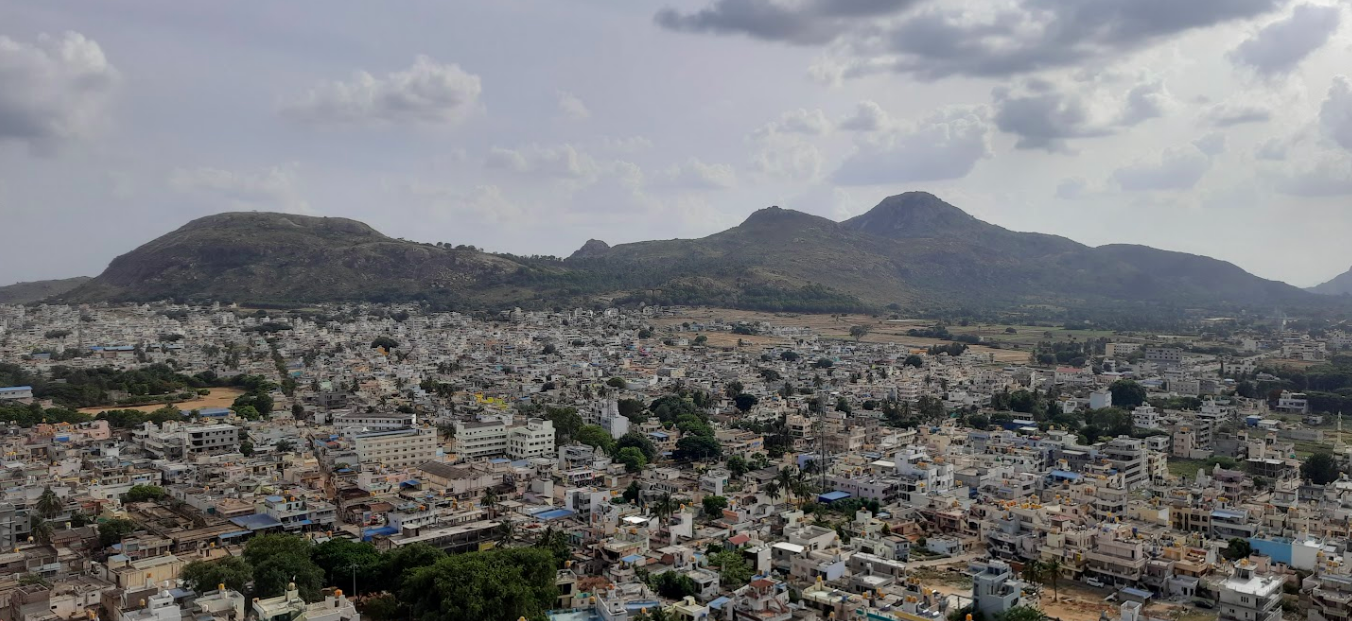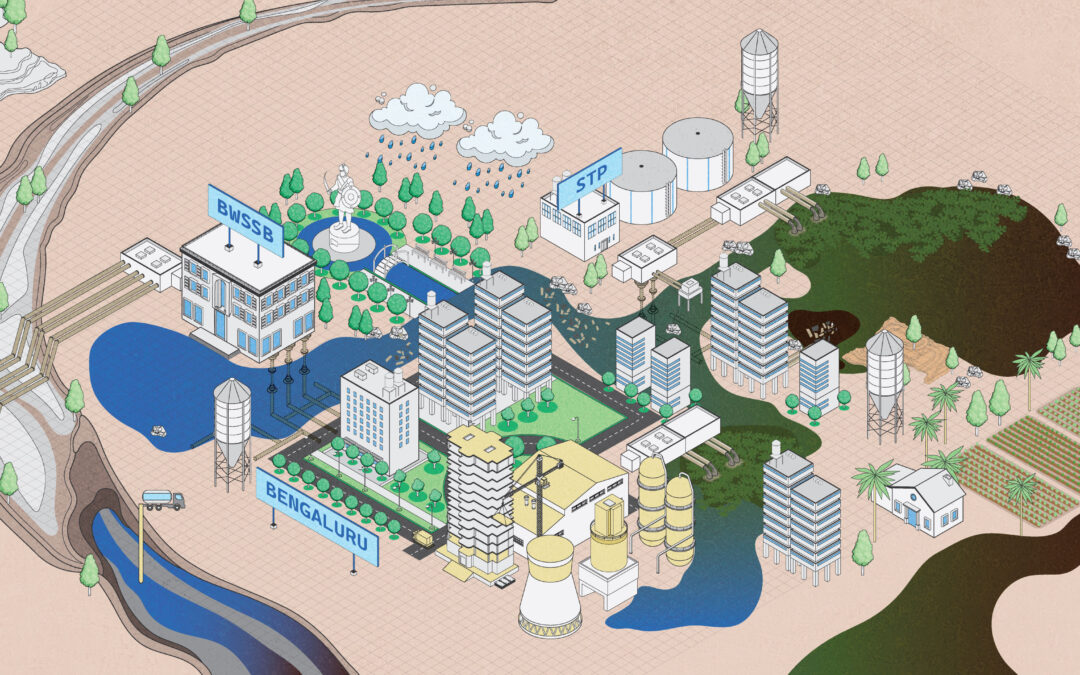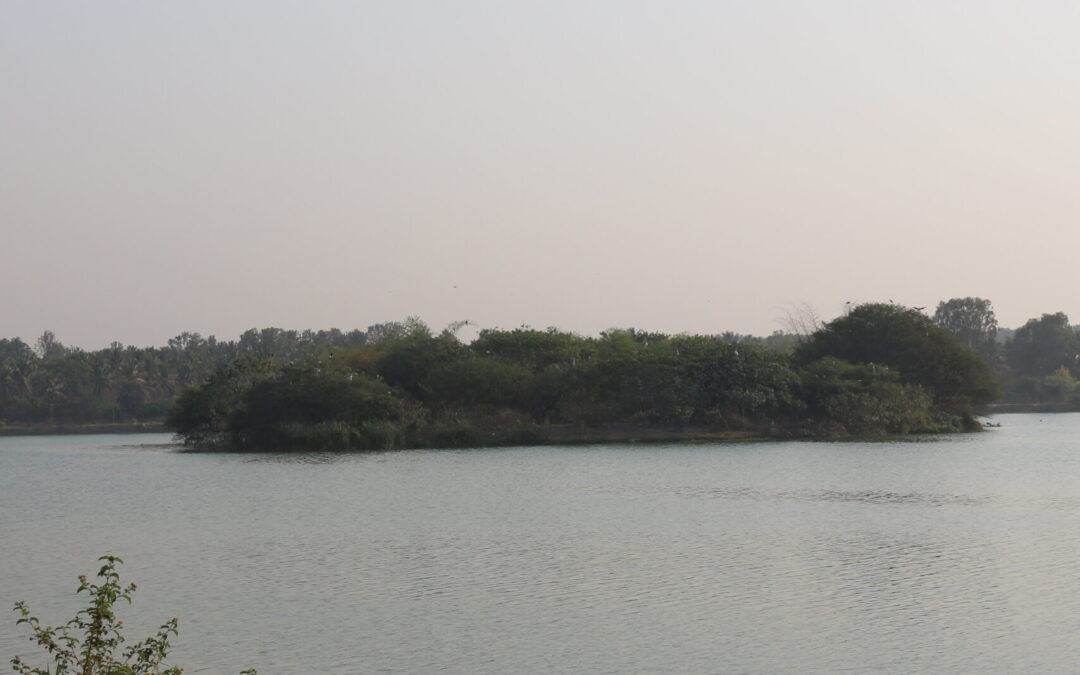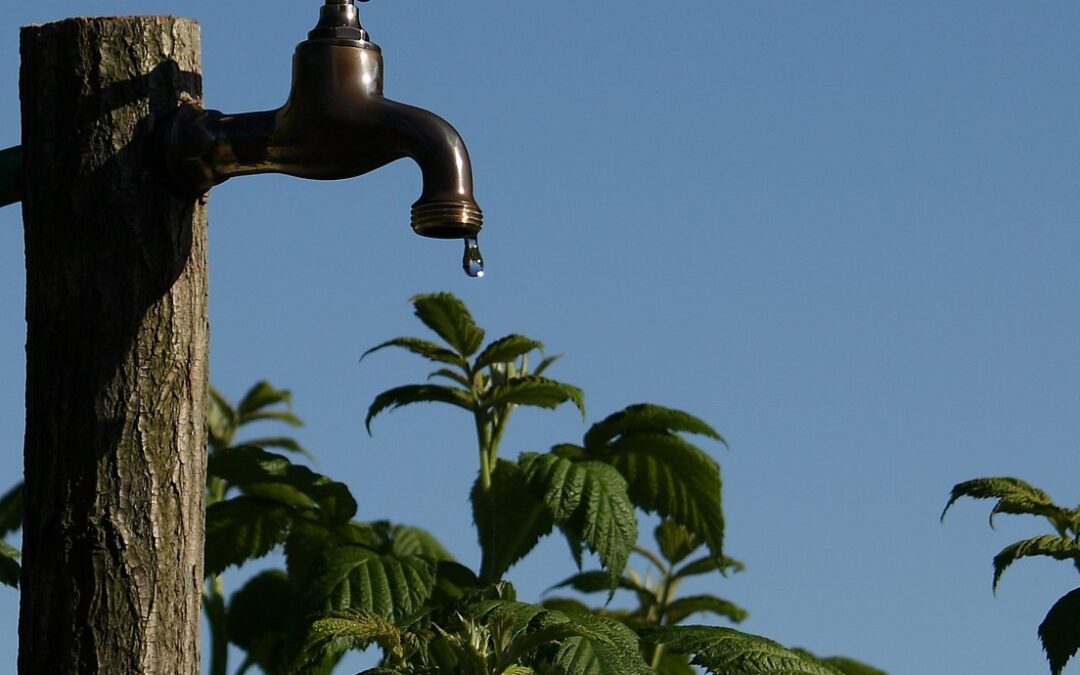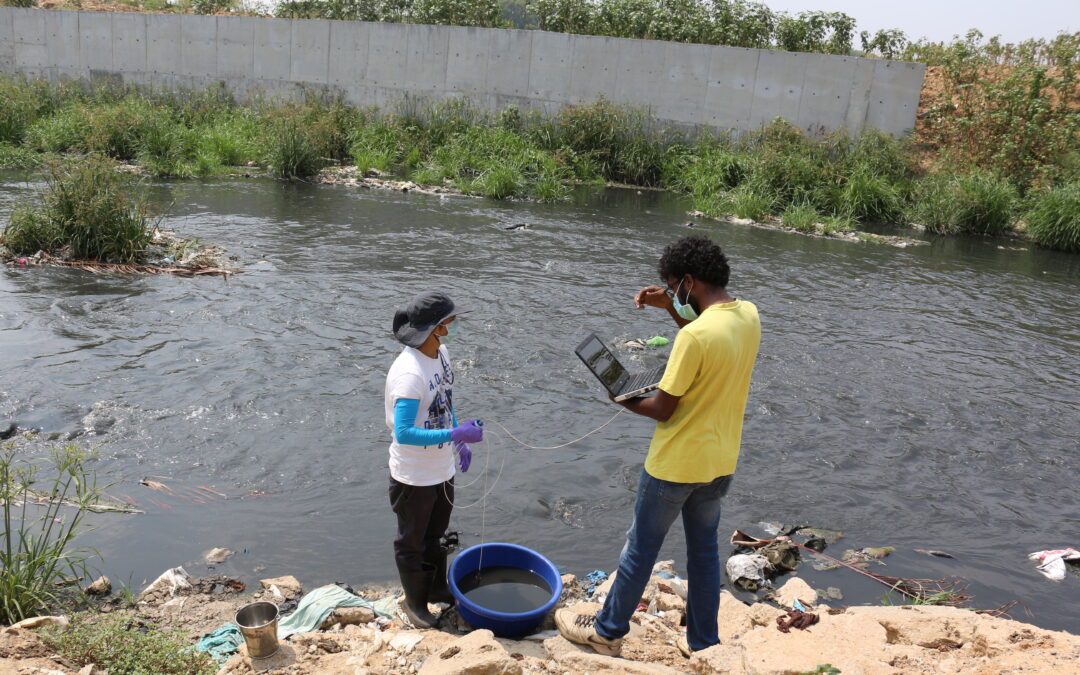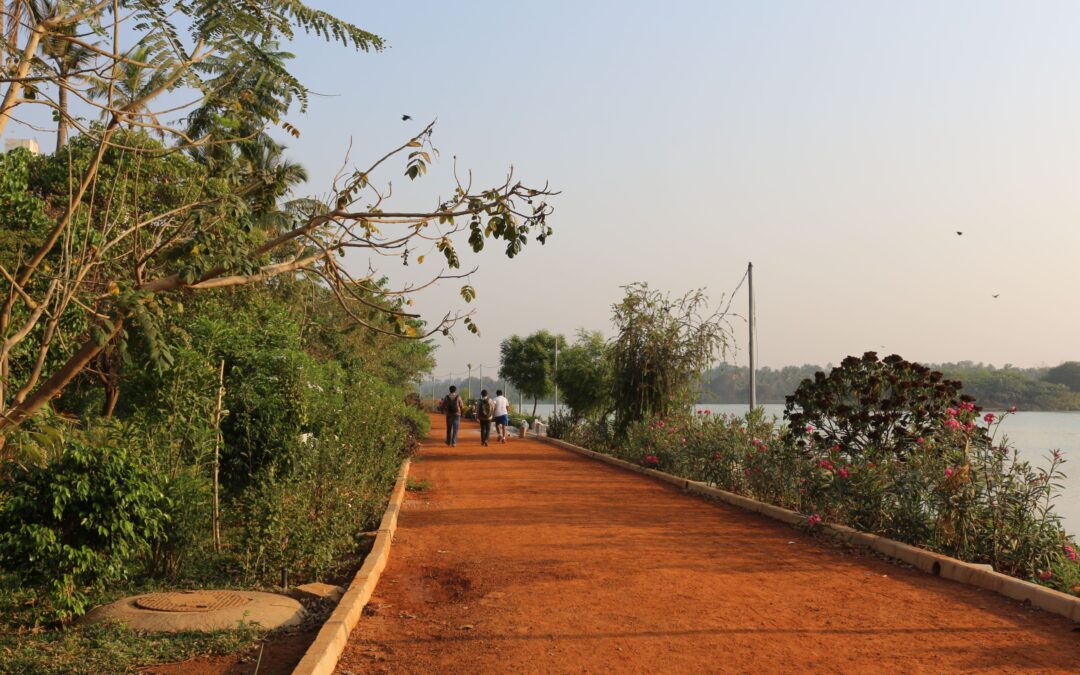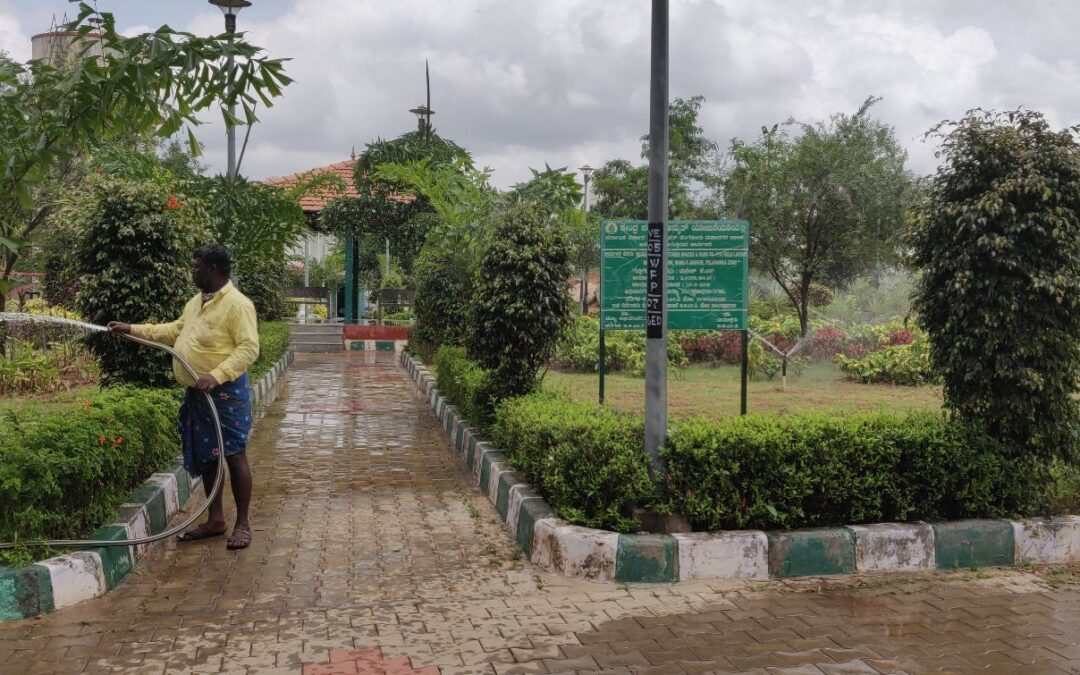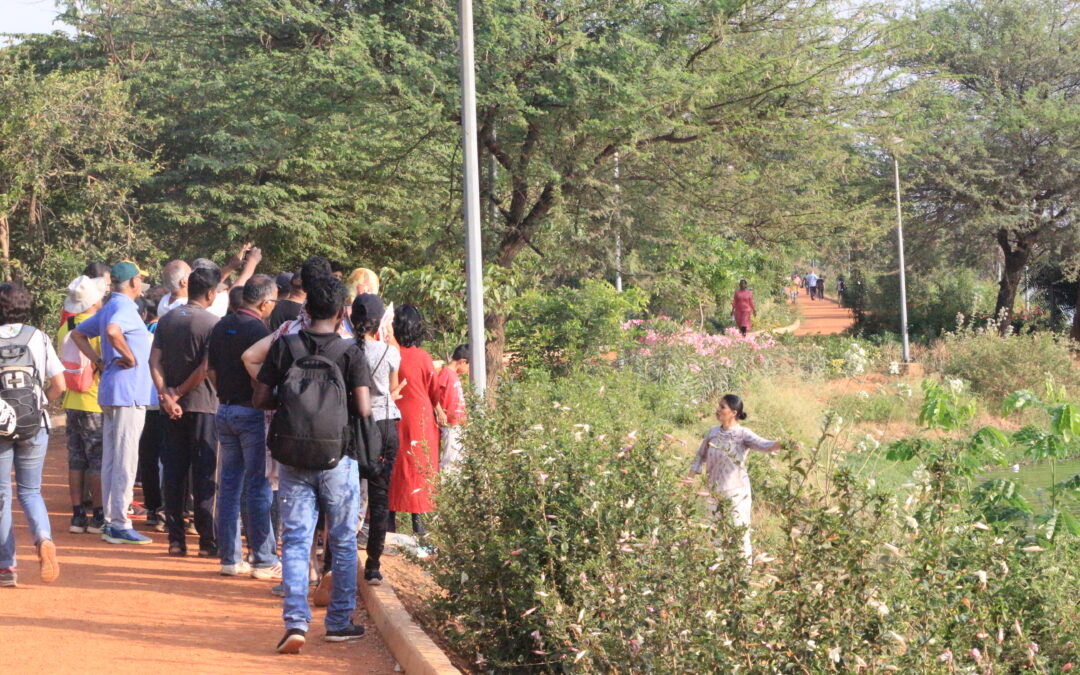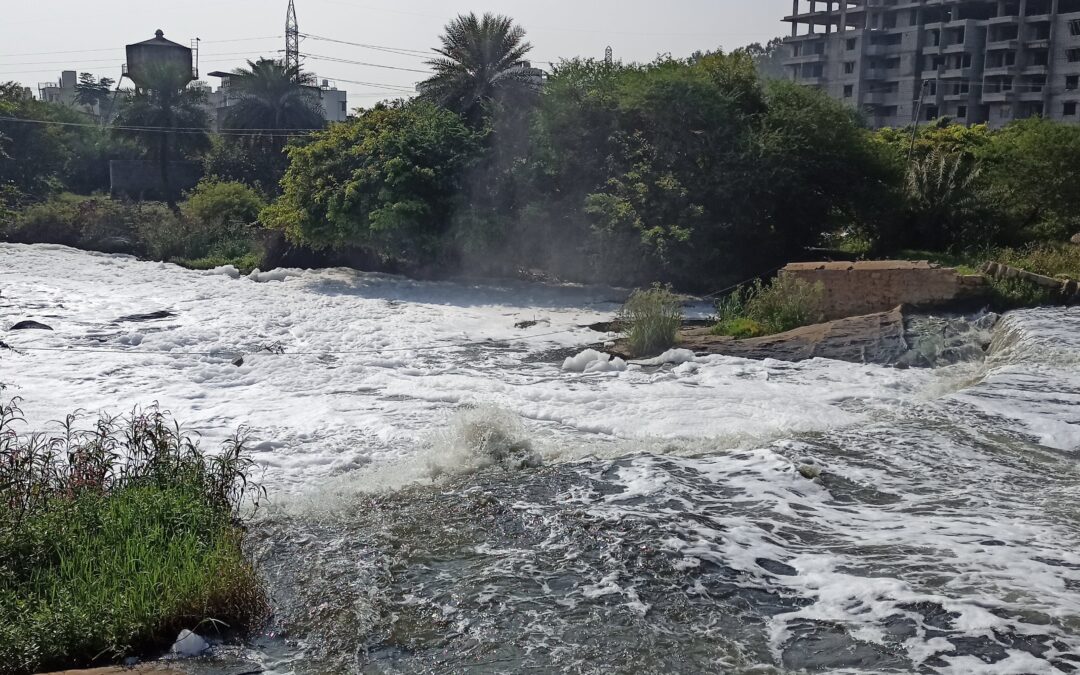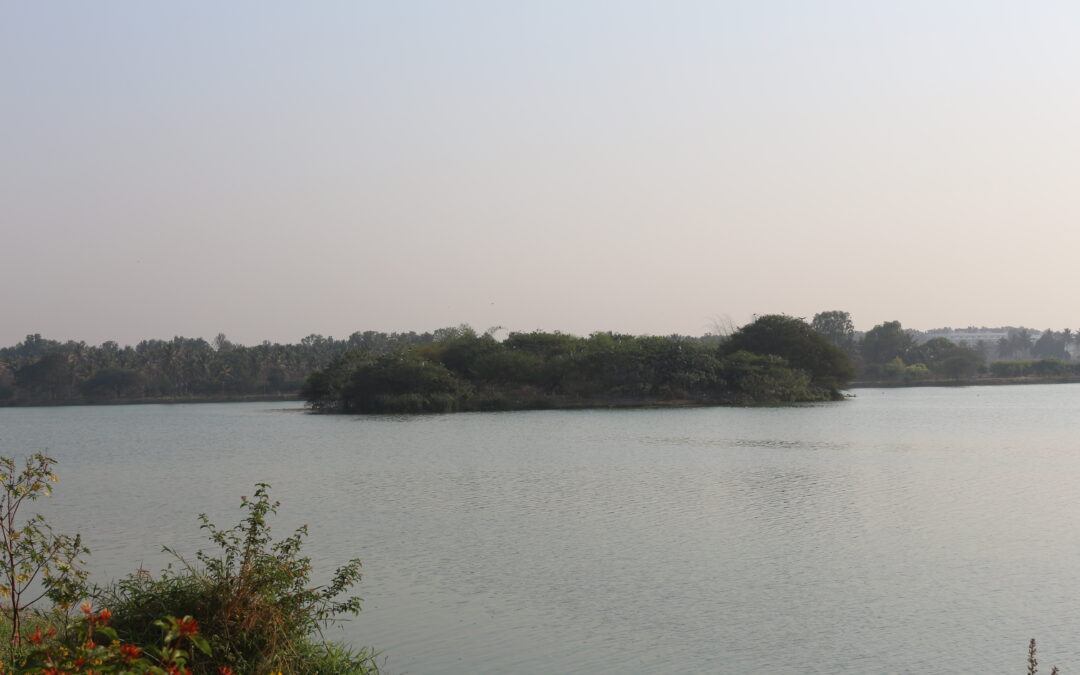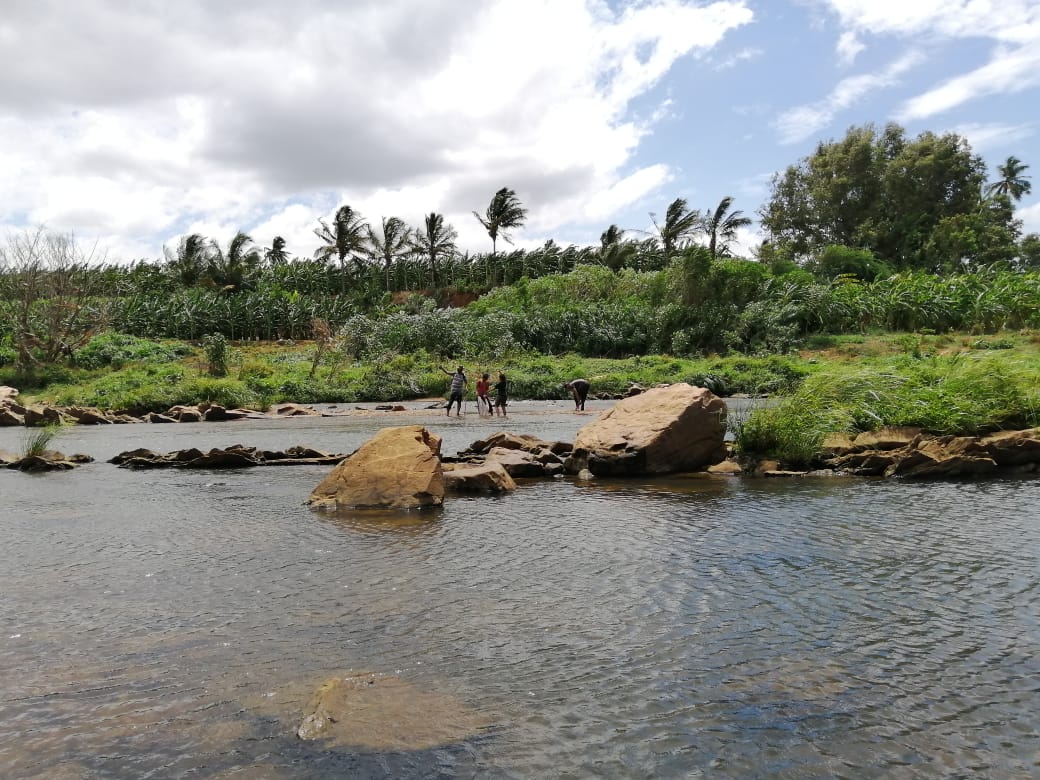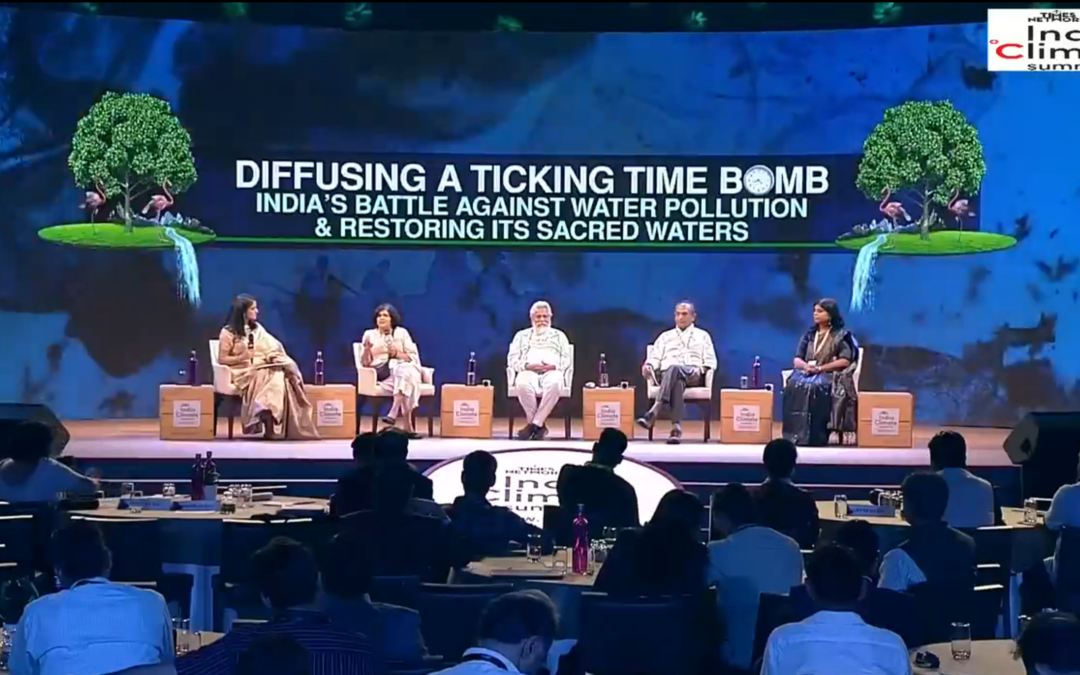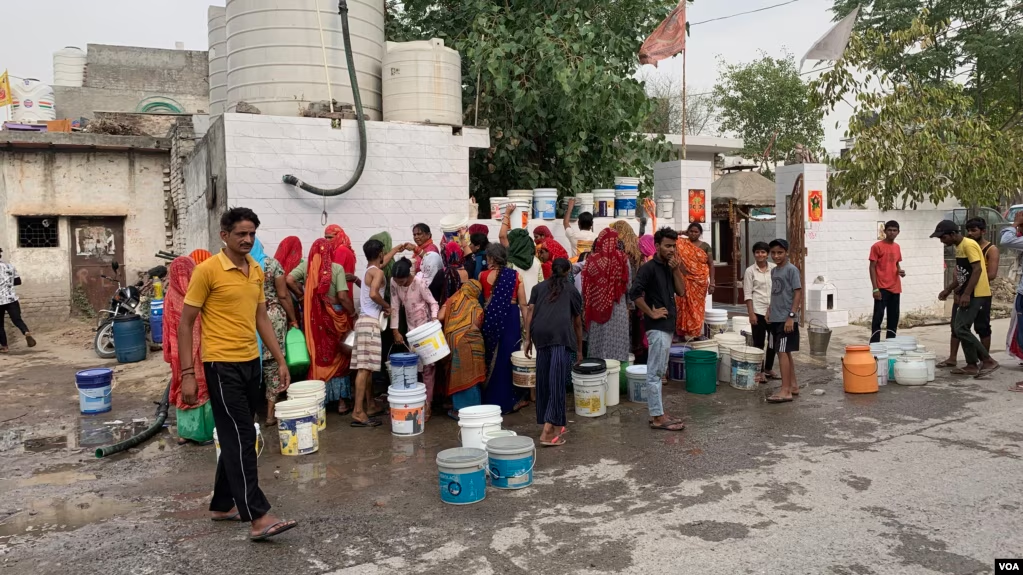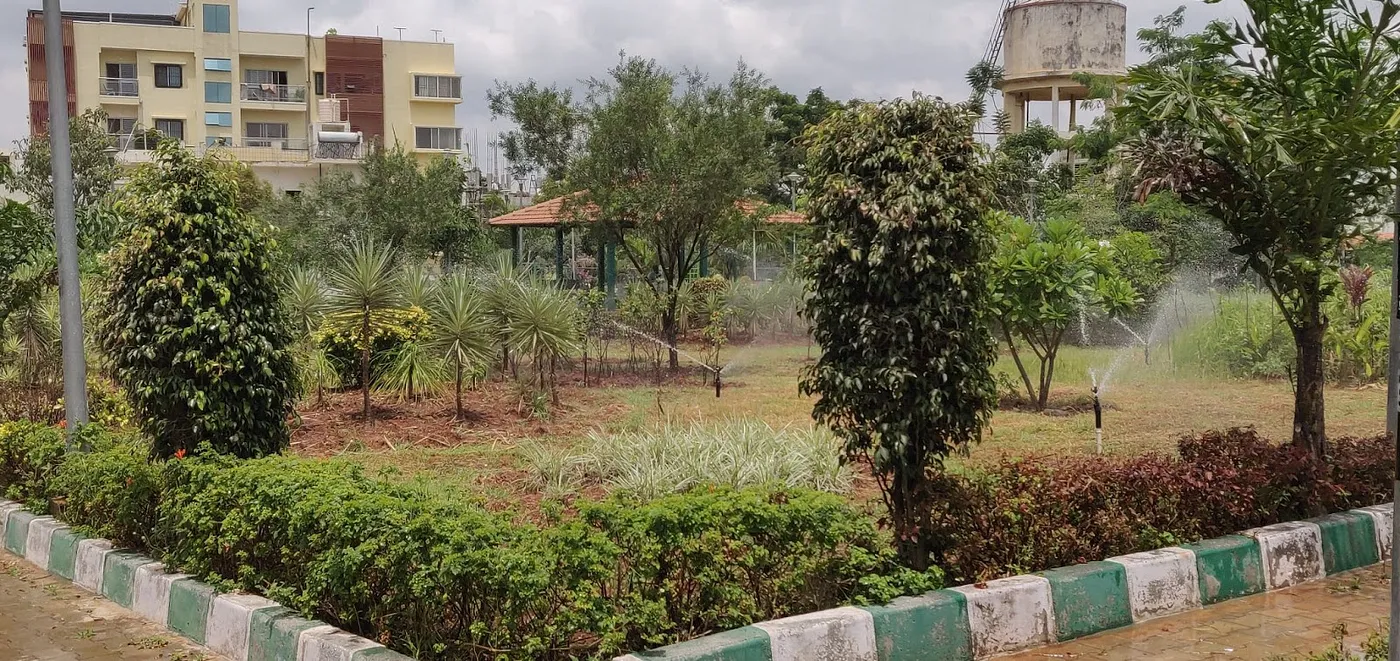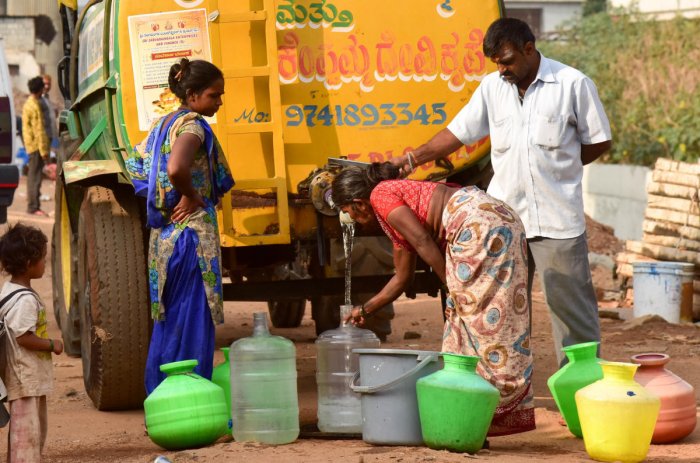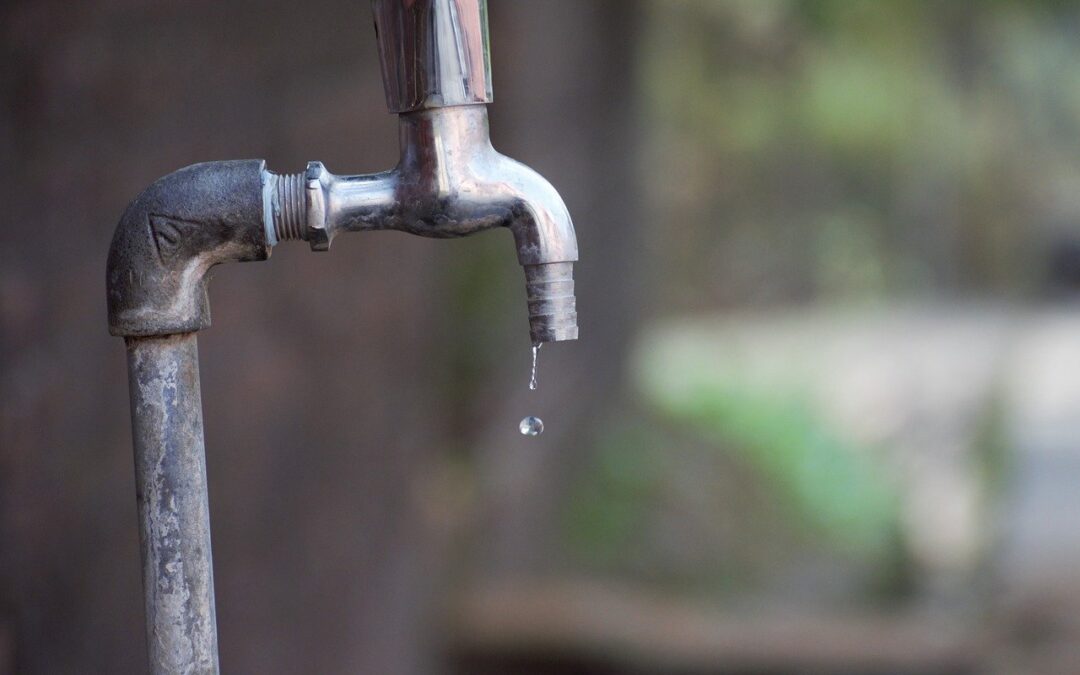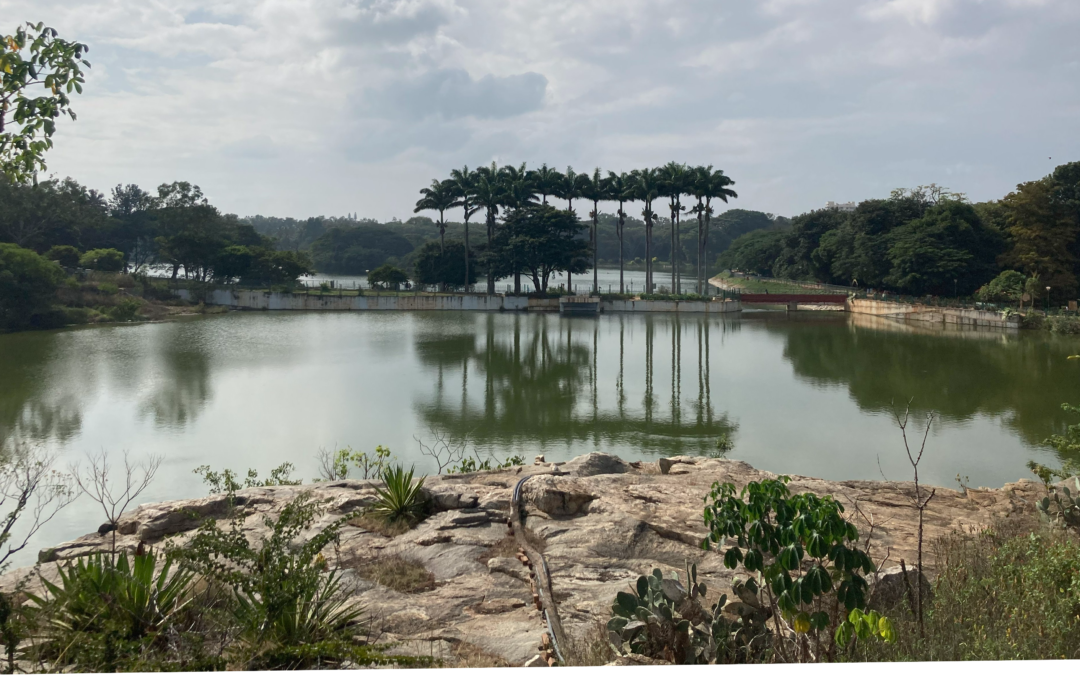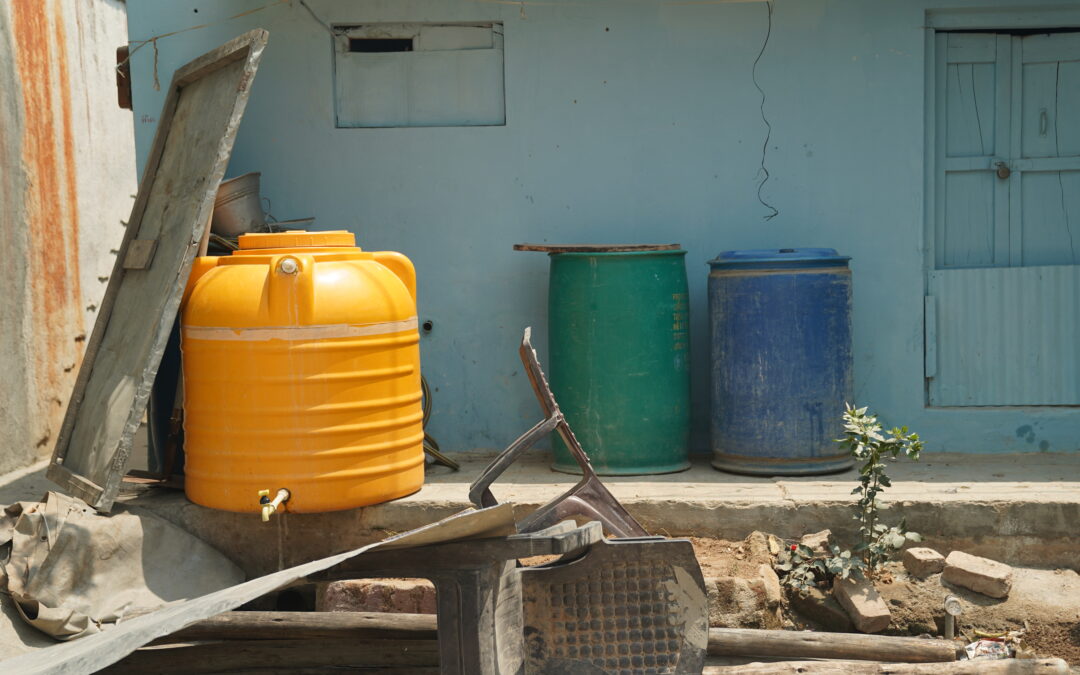Urban Water
The Urban Water programme designs pathways towards water-secure and flood-resilient cities. We do this by addressing knowledge gaps to enable effective decision making and building coalitions between governments, market players and civil society groups.
Domestic sewage discharge at Noyyal River. Photo by Rashmi Kulranjan.

The Gaps
Our Approach
Publications
Team
Water problems in cities and towns are complex and interconnected. The impacts of flooding and urban drought are expected to worsen as more and more land is built up, more people live in cities and extreme climate events grow more intense and frequent.
We have identified gaps in integrated urban water management (IUWM) in cities like Bengaluru and smaller towns in Karnataka such as Chintamani and ways to address them. IUWM involves a set of participatory planning and management approaches, going beyond traditional infrastructure-based water planning by taking into account institutional, social and governance aspects.
The Gaps
Fragmented data and efforts
One of the most challenging aspects of creating a viable long-term water strategy is getting accurate information. Data on water flows and stores is fragmented and not available in ways that are usable for civil society organisations, researchers and policymakers. Moreover, in cities like Bengaluru, there is no dearth of initiatives by different actors to revive water bodies, curb pollution and reuse wastewater. But many of these efforts remain local and there is little cross-learning and consolidation of efforts.
The map below shows different water management projects in Bengaluru, such as open wells, lake rejuvenation and stormwater drain restoration. It keeps evolving as we uncover new research and initiatives. This map also depicts how such work happens in isolation, each being carried out by a different set of people.
No repository of trusted solutions
One reason why solutions do not scale is because there is little clarity on what works, where and how. Besides, it is hard to quantify and abstract models to different contexts.
Lack of incentive alignment
To move from research on viable solutions and metrics to implementation, long-term financing options and an enabling policy environment are prerequisites.
Our Approach
Aggregating data and building an ecosystem
We are compiling data from various sources to paint a detailed picture of Bengaluru’s water system. When there is a comprehensive overview of the various processes occurring within an urban water system, it becomes easier to analyse how strategies can address multiple dimensions of water security planning.
Read | Why We Need Urban Water Balances
WELL Labs is an ecosystem builder—we foster collaboration and alignment between different cultures of work. We work with actors across the board, from government officials and market players to civil society groups, in an effort to build a strong coalition of partners geared towards building more equitable and safe cities.
Co-designing evidence-based and user-centric solutions
We work closely with research organisations to understand the efficacy of different solutions. In terms of wastewater, these range from scientific fixes to improve the standard of treated wastewater to exploring ways to promote behavioural change and address the ‘yuck factor’ barrier that prevents more widespread reuse. By vetting these solutions and taking successful pilots to other places in collaboration with our partners, we contribute to more widespread impact.
Designing market instruments and policies
Water recharge at the city scale through flood water capture and water reuse through wastewater treatment are capital-intensive procedures involving high set-up and operational costs. We are studying the potential of water credits to plug the gap in financing.
Publications
Webinar on Water Security in Karnataka’s Small Towns: 5 Key Learnings
India's small towns face many complex and intersecting risks. To better understand current challenges and explore opportunities, WELL Labs partnered
Bengaluru’s Wastewater Market Experiment: A Promising Solution for Water-Scarce Cities Globally
The economic case for on-site treatment of wastewater is weak. However, the recent water crisis coupled with the new policy
Where Does Bengaluru Get Water from?
It is important to understand where Bengaluru gets water from and how it is used to tackle the recurring problems
Wastewater Reuse Policies across Indian States
We reviewed wastewater reuse policies and action plans across Indian states to determine reuse options, targets, and water quality
Lake Rejuvenation Can Resolve Urban Water Issues, But Only if Done Scientifically
WELL Labs has partnered with DCB Bank and Friends of Lakes to demonstrate a scientific approach to lake rejuvenation that
What We Learnt from the Water Reuse Project in 2023
We uncovered gaps and opportunities in the wastewater treatment and reuse ecosystem and garnered interest from emerging water-intensive industries.
How We Can Make Bengaluru’s Water Systems More Sustainable and Affordable
WELL Labs has partnered with the Swiss Federal Aquatic Institute of Science and Technology (Eawag) to research decentralised wastewater treatment
Wastewater Conference: Turning Bengaluru into the ‘Silicon Valley for Water Innovation’
WELL Labs, along with the Swiss Federal Institute of Aquatic Science and Technology (EAWAG), and the Bangalore Apartments’ Federation (BAF)
A Visionary Architect and a New Growth Model: What’s Behind the Rise of Sponge Cities in China?
In Part 2 of this blog series, we delve into how one man’s vision and coupled with reforms by the
Soak Up the Rain: How a ‘Sponge City’ Makes Urban Areas Climate Resilient
In Part 1 of this blog series, we introduce the concept of sponge cities and how this Nature-based Solution has
Mapping Water in a Small Town: Insights from Chintamani, Karnataka
We partnered with TIDE and BORDA to conduct an urban water balance exercise for the town of Chintamani in southern
How Water Flows Through Bengaluru: Urban Water Balance Report
WELL Labs has prepared a comprehensive view of Bengaluru's water system, enabling better water security planning.
Phosphorus Balance Study at Jakkur Lake
We conducted a phosphorus balance study to understand the sources and sinks of phosphorus in Jakkur lake
Challenges and Opportunities in Residential Decentralised Wastewater Treatment and Reuse in Bengaluru
We explore the potential of decentralised sewage treatment plants, which are being promoted in cities like Bengaluru, to treat sewage
How Do We Manage Nutrient Levels in Urban Lakes?
This article is the sixth in a multi-part series on lakes that aims to provide a comprehensive overview of lake
Pathways for Building Climate Resilient Cities
Many Indian cities are already vulnerable to climate change. The financial damage from extreme events, like floods, heat, and drought
Lake Governance: The Pathway Forward
Indian cities are grappling with an ever-growing freshwater demand due to rapid urbanisation and exponential population growth. The treatment of
Bangalore’s Lakes: What Role do Citizens Play?
This publication is the third in a multi-part series on lakes that aims to provide a comprehensive overview of lake-related
How Do We Solve Bangalore’s Lake Problem?
This article is the first in a multi-part series on lakes that aims to provide a comprehensive overview of lake
What is The Problem With Bangalore’s lakes?
This article is the first in a multi-part series on lakes that aims to provide a comprehensive overview of lake
Why do parts of Maharashtra experience different water stress levels?
Published in The Hindu
For home-buyers in Bengaluru, a checklist to assess water security
Published in Citizen Matters
Watered down: Evaluating Bengaluru’s future as India’s IT capital
Published in Business Standard
Lake Health Index Reveals Pollution Concerns in Bengaluru’s Water Bodies
Published in Citizen Matters
Bengaluru’s Water Math is Badly Failing as ‘Zero Water Days’ Loom
Published in Question of Cities
Team

Shreya Nath
Read More
Shreya leads the Urban Water Programme at WELL Labs.
Her role involves mapping urban systems to uncover ways to build climate resilient cities.
Shreya has over eight years of experience in sustainable architecture and urban planning. She has contributed to the design and execution of a wide range of projects ranging from large-scale, master-planning schemes to detail-oriented residential buildings.
She is also passionate about research in the field of sustainability and holds a Master’s in Sustainable Environmental Design from the Architectural Association, London. Her research is centered around strategies to adapt and respond to rapidly-changing climates and urban environments.
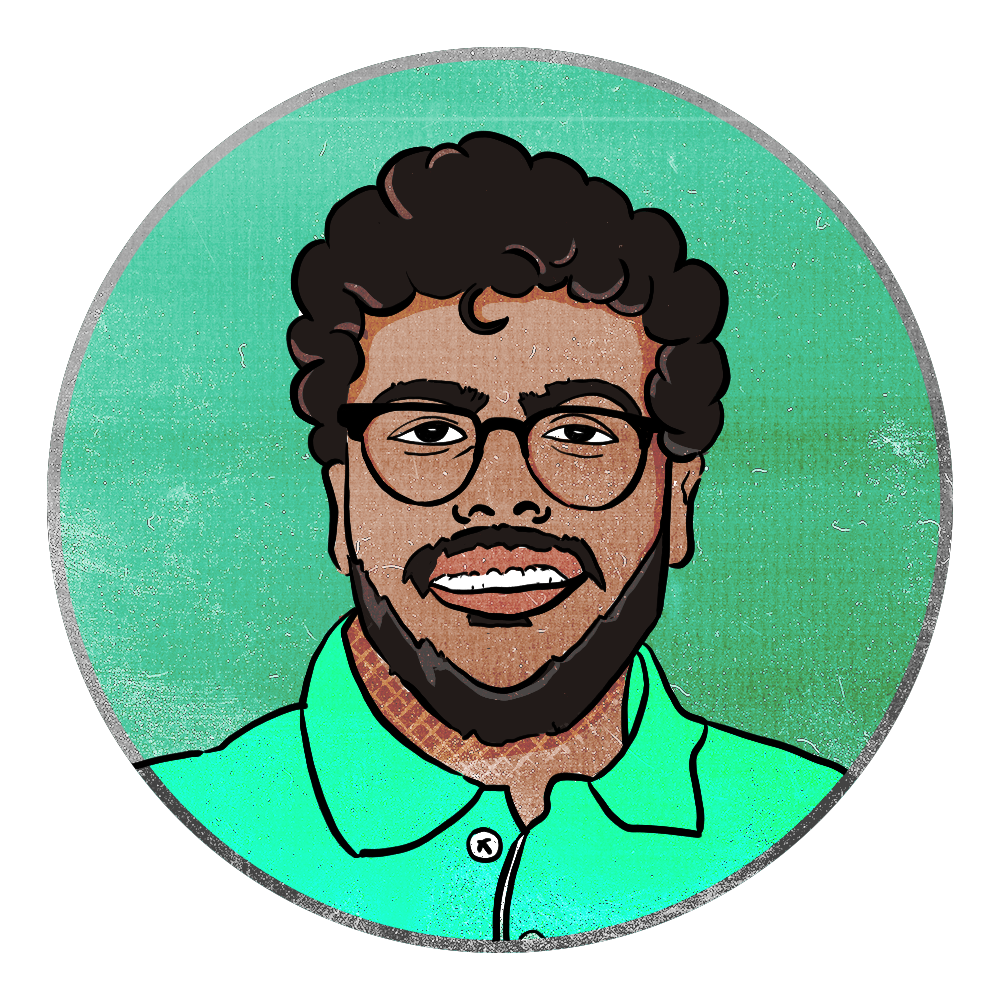
Shashank Palur
Read More
Shashank is a Hydrologist with the Urban Water programme at WELL Labs. He previously worked as a researcher in the Urban Lakes initiative.
He works on maintaining and updating the lakes web dashboard using the data collected from sensors in the lake, to make it easier for citizens to understand lake health. He is also co-authoring a series of articles on visible problems in Bengaluru’s lakes.
He completed his Master’s in Environmental Studies from TERI University with a focus on water conservation and hydrology. Before joining the Urban Lakes initiative he worked on spring rejuvenation in the Himalayas for a year with CHIRAG. He worked on geological surveying and community engagement.

Rashmi Kulranjan
Read More
Rashmi is a PhD scholar at Ashoka Trust for Research in Ecology and the Environment (ATREE).
Rashmi has a Master’s in Environmental Studies and Resource Management from TERI School of Advanced Studies. Her research work has mainly focused on looking at water demands by different sectors. Rashmi’s research interests include sustainable water management and anthropogenic effects on water resources.
Rashmi is currently a part of the Urban Water programme at WELL Labs and is simultaneously doing her PhD research on stakeholder-driven modeling to understand human water coupled systems by using the lakes of Bengaluru as a case study.

Rajesh R
Read More
Rajesh is part of the Urban Water programme at WELL Labs with a focus on towns.
Being an interdisciplinary practitioner, he has spent over six years trying to figure out what it takes for governments both at state and regional levels to push the needle forward on water and sanitation by carrying out pilots, working with stakeholder groups, building IT/ICT tools and supporting the enabling environment. His engagements have been in the states of Uttar Pradesh and more recently, Tamil Nadu.
He holds a Master’s degree in Water Science and Governance from TERI School of Advanced Studies (TERI SAS).

